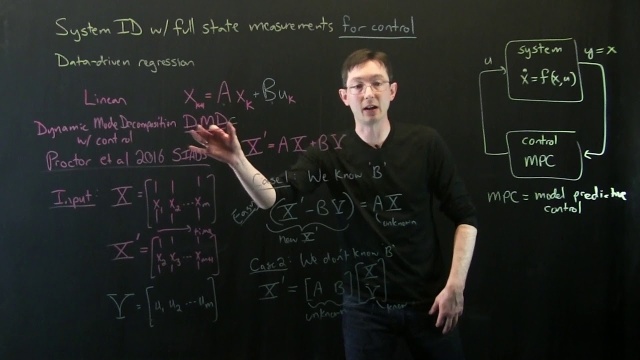
ITCLI: An Interactive Tool for Closed-Loop Identification
The Interactive Tool for Closed-Loop Identification (ITCLI) is an interactive software tool for understanding SISO closed-loop identification using prediction-error techniques. The tool...
See MoreAdvances in feedforward control for measurable disturbances
The efficient compensation of load disturbances is one of the most important tasks in any control system. Most industrial processes are affected by disturbances and only feedback is commonly...
See MoreZ-Transform - Practical Applications
Covering practical applications of the Z-transform used in digital signal processing, for example, stability analysis and frequency response of discrete-time systems. Theory, C code, and...
See MoreInteractive Tool for PID understanding
The module PID Basics is designed to explore the properties of a simple feedback loop by showing the time and frequency responses of a closed-loop system and demonstrating how these...
See MoreThe Institute for Systems Theory and Automatic Control MATLAB Apps
The Institute for Systems Theory and Automatic Control offers 5 Matlab Apps on the topics of the Nyquist Criterion, Robustness and Stability, Loopshaping, Controllability and Observability...
See MoreKoopman Spectral Analysis (Control)
In this video, we explore extensions of Koopman theory for control systems. Much of the excitement and promise of Koopman operator theory is centered around the ability to represent...
See Morei-pIDtune: An interactive tool for integrated system identification and PID ...
i-pIDtune is an interactive software tool that integrates system identification and PID controller design. The tool supports experimental design and execution under plant-friendly conditions...
See MoreITCRI: An Interactive Software Tool for Control-Relevant Identification
The Interactive Tool for Control Relevant Identification (ITCRI) comprehensively captures the control-relevant identification process, from input design to closed-loop control, depicting...
See MoreMatlab Radar Designer App
The Radar Designer app is an interactive tool that assists engineers and system analysts with high-level design and assessment of radar systems at the early stage of radar development. Using...
See MoreVibrational Control in Insect Flight
Abstract: It is generally accepted among biology and engineering communities that insects are unstable at hover. However, existing approaches that rely on direct averaging do not fully...
See MoreWhy Digital Beamforming Is Useful for Radar
Learn how you can use digital beamformers to improve the performance and functions of radar systems. The MATLAB Tech Talk series on radar covered how to use radar to determine range, range...
See MoreData-Driven Dynamical Systems Overview
This video provides a high-level overview of this new series on data-driven dynamical systems. In particular, we explore the various challenges in modern dynamical systems, along with...
See MoreSystem Identification: Koopman with Control
This lecture provides an overview of the use of modern Koopman spectral theory for nonlinear control. In particular, we develop control in a coordinate system defined by eigenfunctions of...
See MoreInteractive Tools for Control Purposes
This resource provides different links to Interactive Tools that can be used for control education. Interactive Tools are very powerful educational resources as support to learning and...
See MoreWhy Choose Model-Based Reinforcement Learning?
What is the difference between model-free and model-based reinforcement learning? Explore the differences and results as the learning models are applied to balancing a cart/pole system as an...
See MoreVarious games for learning Controller Design
Since 2005, we are using educational games in the course „Einführung in die Regelungstechnik“ (Introduction to automatic control).
The project started with the game spaceballRT, which uses...
See MoreAdvances in feedforward control for measurable disturbances (in Spanish)
The efficient compensation of load disturbances is one of the most important tasks in any control system. Most industrial processes are affected by disturbances and only feedback is commonly...
See MoreSystem Identification: Full-State Models with Control
This lecture provides an overview of modern data-driven regression methods for linear and nonlinear system identification, based on the dynamic mode decomposition (DMD), Koopman theory, and...
See MoreHow I put the Google Maps Algorithm on my Autonomous Drone
This fully autonomous drone has an onboard computer ‘brain’, camera ‘eyes’, and an algorithm that generates the fastest path around unknown obstacles as they’re detected mid-flight. Let’s...
See MoreBridging the Gap: Using Real World Problems to Unveil Deep Control Principle...
This is a plenary lecture given at the 2020 IEEE Conference on Control Systems Technology, Montreal, Canada, August 24-26, 2020. There is no paper, but this is the video of the talk.
See MoreDynamic Mode Decomposition (Overview)
In this video, we introduce the dynamic mode decomposition (DMD), a recent technique to extract spatio-temporal coherent structures directly from high-dimensional data. DMD has been widely...
See MoreAndroid and iPhone E-Learning App for Nyquist Stability Criterion
In our Nyquist App, you can analyze the stability of the closed loop by using the Nyquist stability criterion. With the Nyquist stability criterion, you can determine the stability of the...
See MorePrincipal Component Analysis (PCA) 2 [Python]
This video describes how the singular value decomposition (SVD) can be used for principal component analysis (PCA) in Python (part 2).
See MoreSystem Identification: Dynamic Mode Decomposition with Control
This lecture provides an overview of dynamic mode decomposition with control (DMDc) for full-state system identification. DMDc is a least-squares regression technique based on the singular...
See MoreKristin Pettersen Lectures on Nonlinear Control
Kristin Pettersen Lectures on Nonlinear Control, including many of the necessary mathematical tools and concepts.
See More
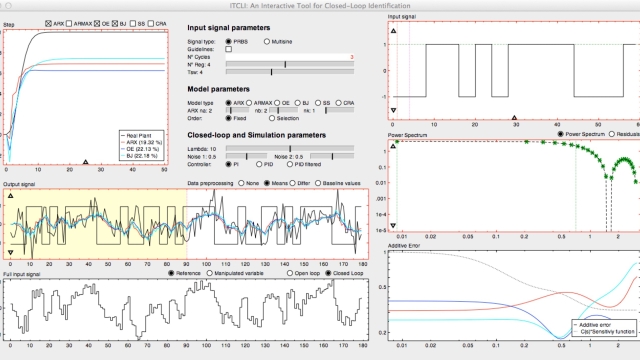
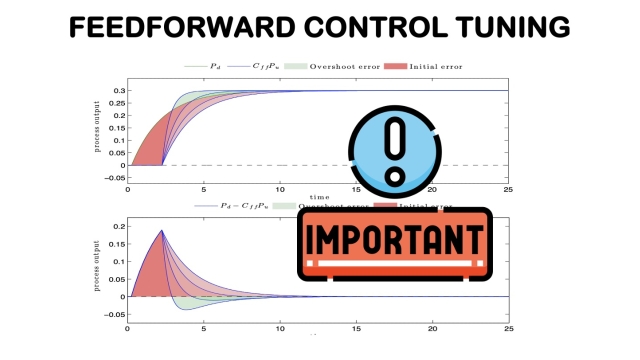
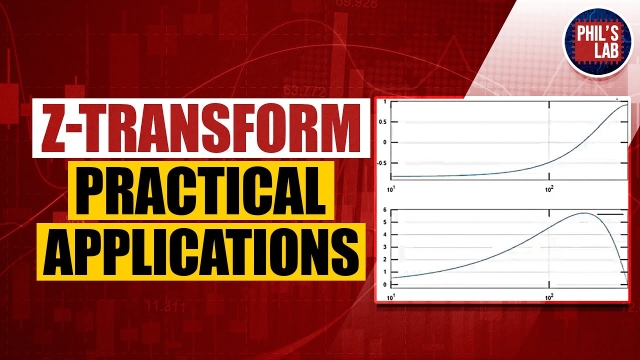
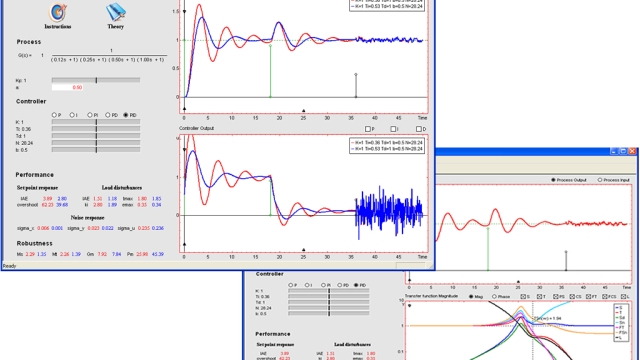
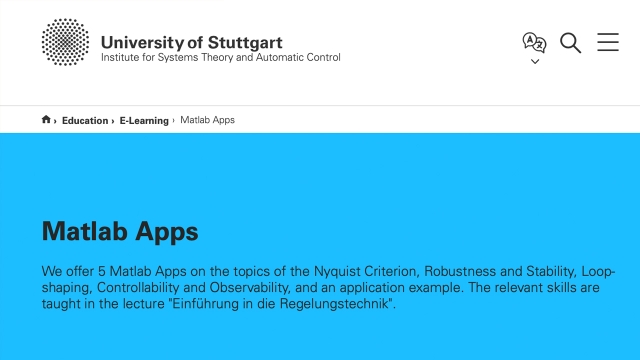
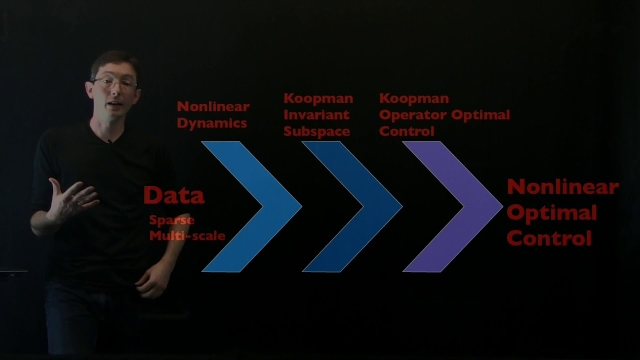
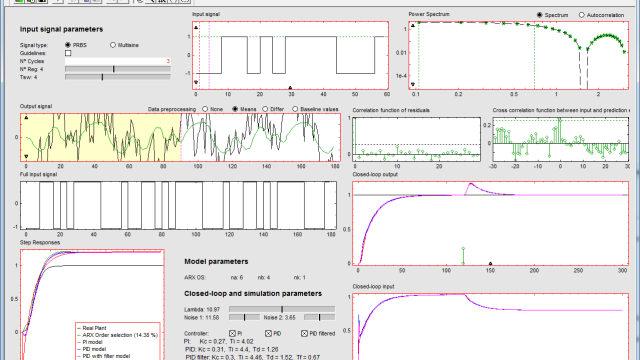
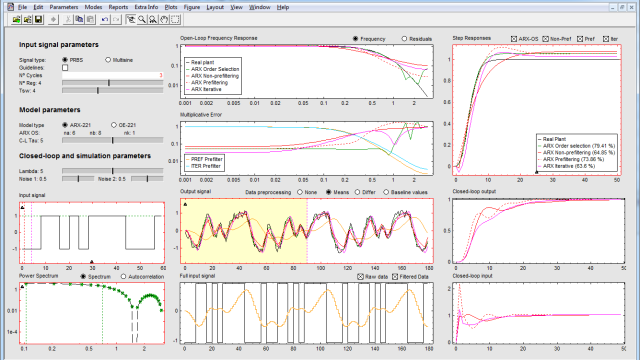
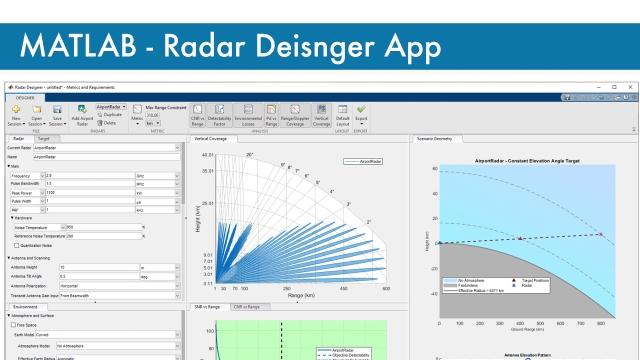

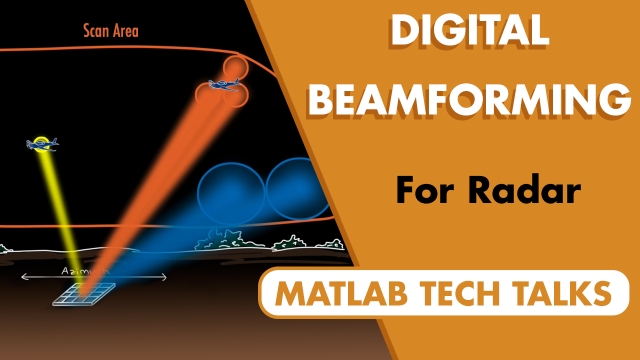
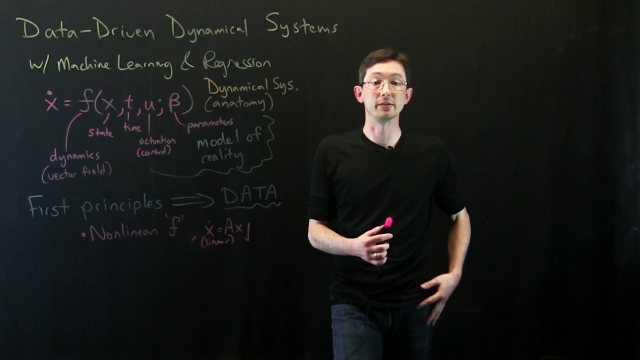
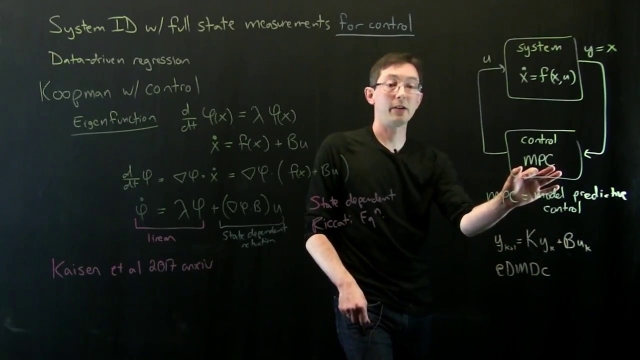
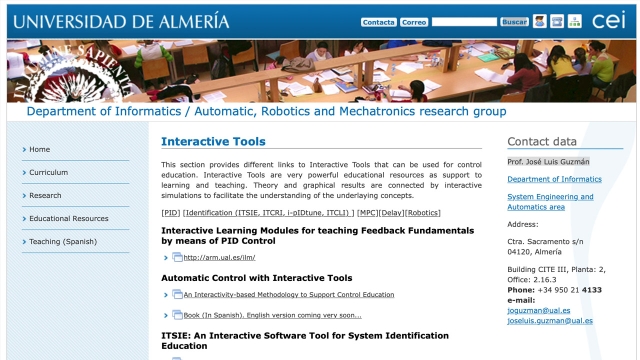

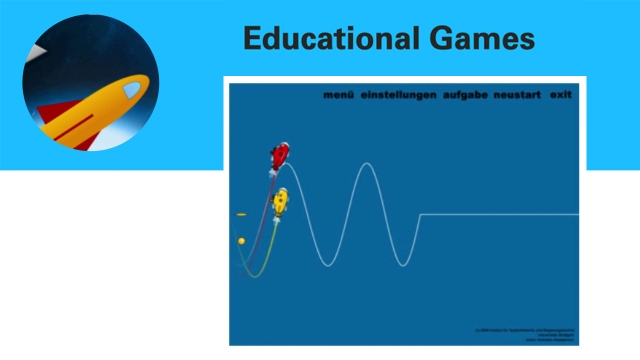
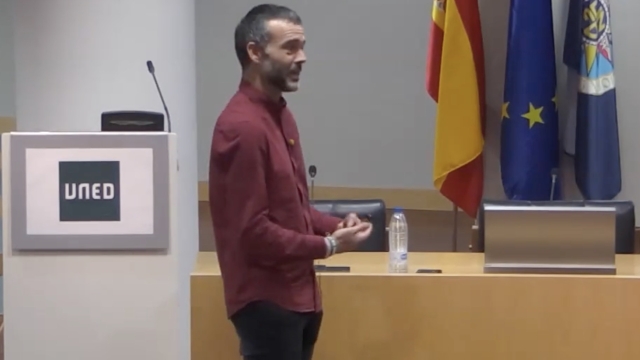
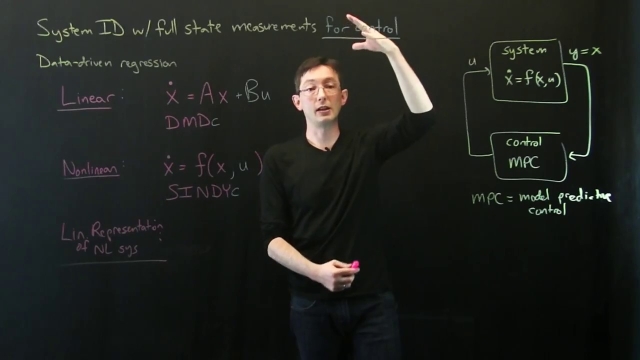
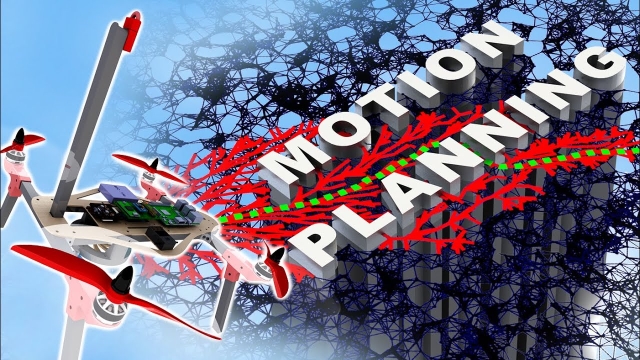

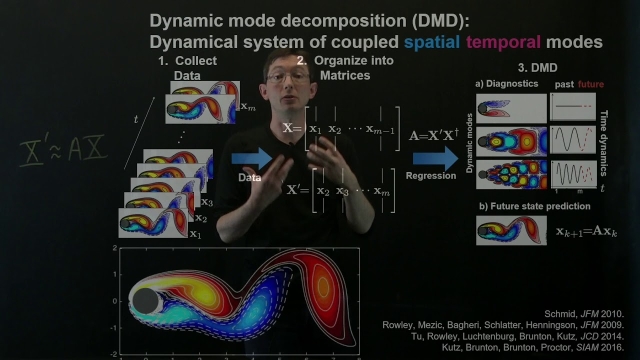
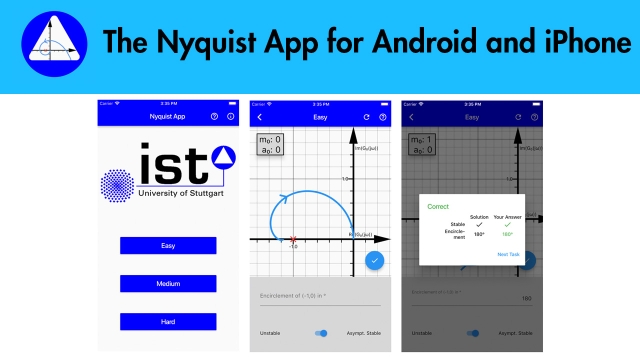
![Principal Component Analysis (PCA) 2 [Python] Principal Component Analysis (PCA) 2 [Python]](/sites/default/files/styles/search_resulkts/public/2020-12/maxresdefault_494.jpg?itok=Q2x6S-Uj)
